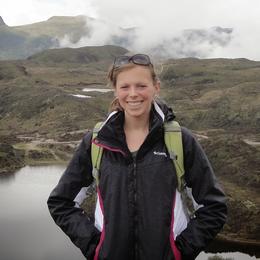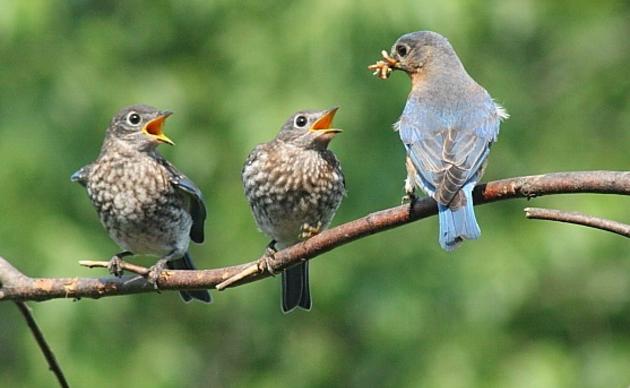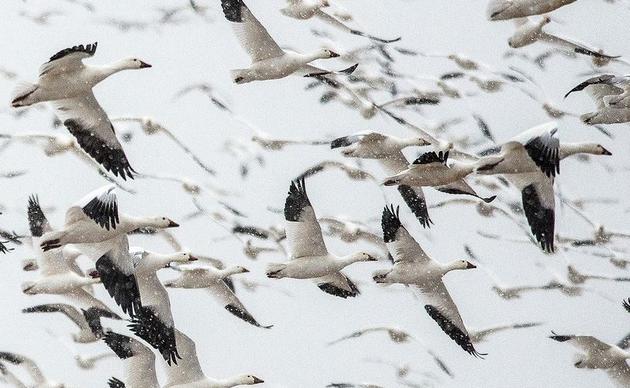February 14, 2018 | Smithtown, NY - Today, Audubon New York joins forces with conservation allies on Long Island to oppose the Administration’s proposal to expand offshore drilling. Read Audubon New York’s testimony which was given at the hearing today by Amanda Pachomski from our Coast team, below.
Click here to oppose opening our oceans to new offshore drilling.
Good morning/afternoon Assemblymen Englebright, Pellegrino, and D’Urso and Members of the Standing Committee on Environmental Conservation, the Commission on Toxic Substances and Hazardous Wastes, and the Long Island Sound Task Force. Thank you for allowing me to testify on the impacts of the administration’s recent offshore natural gas and oil drilling lease authorization on New York’s environment. Thank you also for being champions for our shared environment and organizing this hearing.
My name is Amanda Pachomski and I am the Long Island Bird Conservation Manager for Audubon New York. As a leading state program of the National Audubon Society, Audubon New York works with a network of 50,000 members, hundreds of volunteers, 27 local Audubon Chapters, and dozens of other partners to achieve its mission of protecting birds and their habitats through science, advocacy, education, and on-the-ground conservation programs. Audubon’s network tackles big challenges facing birds that cannot be solved by any single part of the network alone – like protecting our marine environment for birds and people.
New York’s coastal habitats are critically important to the survival of birds. Protecting and restoring coastal and marine environments is one of the five conservation strategies of Audubon’s 2016-2020 Strategic Plan. Throughout the hemisphere, we focus on the most threatened and iconic bird species and work to strengthen their populations while preserving the places they need to survive throughout their lives, including estuaries, islands, beaches, and the marine environment.
The White House Plan to vastly expand offshore drilling exposes critical shorebird habitat and coastal communities to dangerous and unnecessary oil drilling. New York’s marine and coastal ecosystem supports hundreds of bird species. At various spots on the south shore of Long Island you can see up to 300 different bird species, many of which are dependent upon the coast and marine habitats. Atlantic seabirds and shorebirds that would be especially at-risk from oil and gas exploration include federally listed species and other at-risk species like the Red Knot, Piping Plover, American Oystercatcher, Roseate Tern, and multiple species of shearwaters.
There are also millions of New Yorkers who live within just miles of our shores. Our coastal communities and economies depend on a healthy ocean Hundreds of thousands of New York jobs and billions of dollars of the state’s gross domestic product depend on clean water, beaches, and abundant fish and wildlife. It is irresponsible to expose these communities to the risk of offshore drilling, especially because there are better options. We support properly sited clean energy initiatives that better balance the needs of people and wildlife.
Habitats for birds and other wildlife are already threatened by a multitude of issues, including a changing climate, extreme weather events, acidification, nitrogen, contaminants leaking from aging and broken infrastructure, harmful algal blooms, user conflicts, invasive species, funding needs outpacing available funding, pressure from development, and rising sea levels; we do not need to add another threat to the mix. We have witnessed the long-term impacts of and inadequate response to other oil spills like BP’s 2010 Deepwater Horizon disaster, which polluted shorelines from Texas to Florida, harming fisheries, birds, and whales. An equivalent disaster in the Atlantic could coat beaches from Savannah to Boston.
The vision for New York’s ocean should be one of clean water that is safe to swim in and charged with life; water protected and nourished by coastal wetlands, publicly accessible, litter-free beaches and preserves, and undeveloped islands; abundant and diverse wildlife; flourishing commercial fisheries; harbors accessible to the boating community; and a way of life that protects and sustains the ecosystem.
More than 100 coastal communities across the Atlantic coast have passed resolutions against the expansion of offshore drilling. Help us make a difference for the birds, other wildlife, and people that rely on our coastal habitats by opposing the administration’s proposal to expand offshore oil and gas drilling. Thank you for the opportunity to testify today and for your attention to this critical issue.




